King Lear (1970)
“Nothing will come of nothing; speak again.”
|
Synopsis: |
|
Genres, Themes, Actors, and Directors:
Review: … but challenging to follow if you’re not already familiar with the complex storyline and its players (which involves not just King Lear and his daughters and their romantic interests, but the parallel story with Gloucester and his sons). Indeed, as I started watching, I took plenty of pauses to refresh my own memory (it’s been many years since I read this play), and was pleased to stumble upon Good Tickle Brain’s stick figure overview, which clarified everything — including how many scenes and tidbits were (likely by necessity) cut. With that said, Scofield and the rest of the cast are all appropriately brooding for such a brutal tragedy: … in which (thank you again, Good Tickle Brain) the ultimate dead count is 10 out of 12, on top of a hideous eye-gouging. (“Out, vile jelly! Where is thy luster now?”) With all that said, I’m a fan of Brook’s cinematic style and was visually engaged throughout — so those interested in his work, or Scofield, will certainly want to check it out. Notable Performances, Qualities, and Moments:
Must See? Links: |
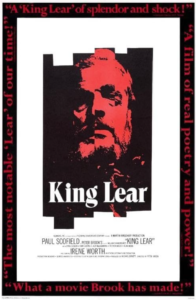
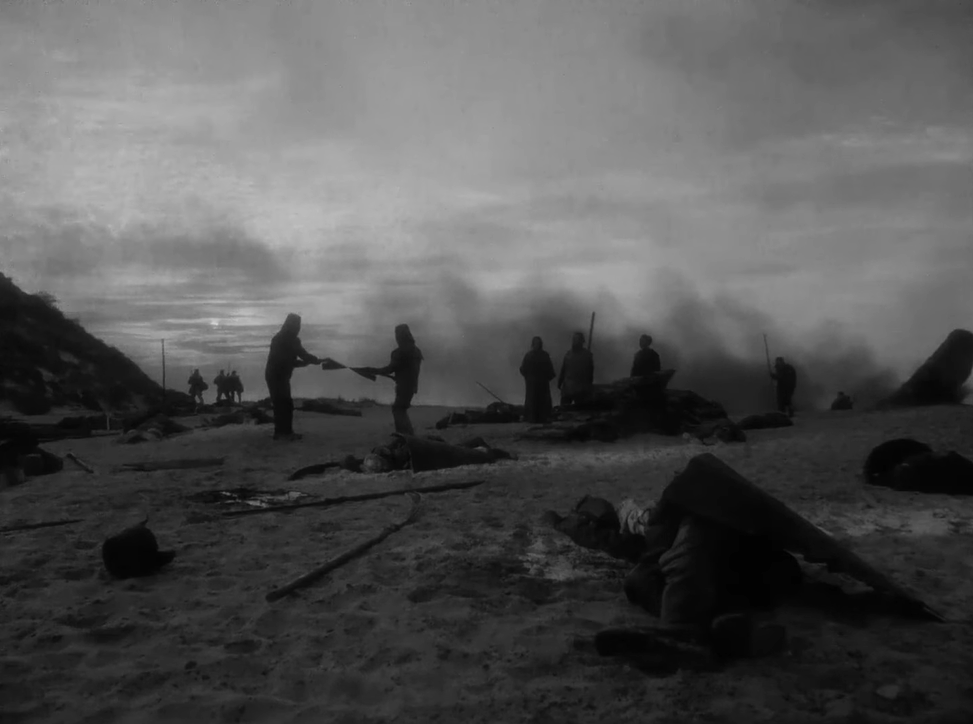
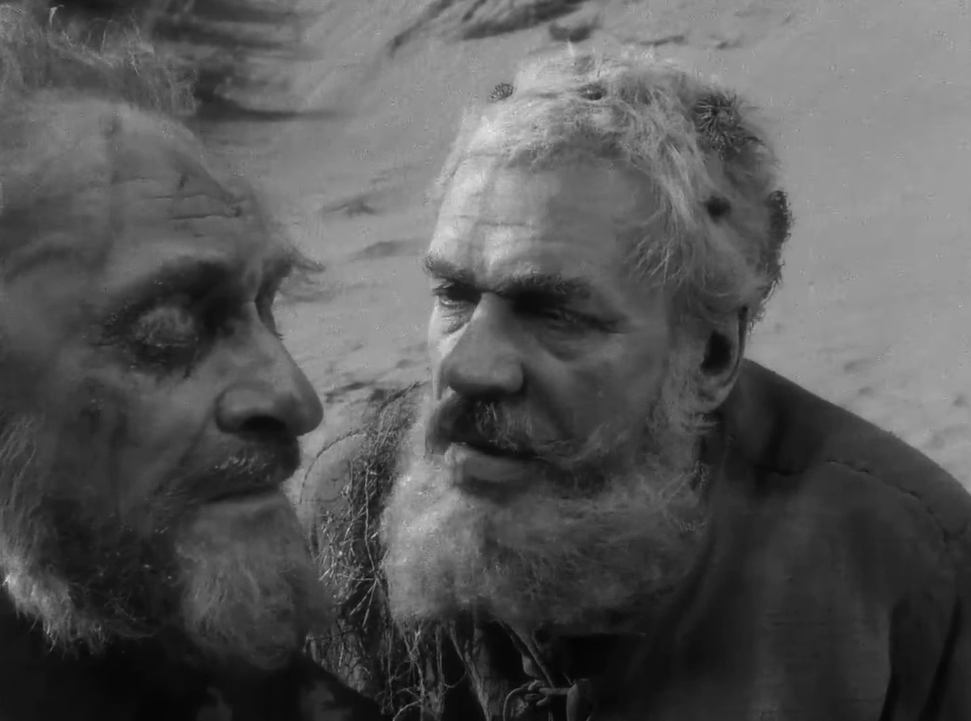
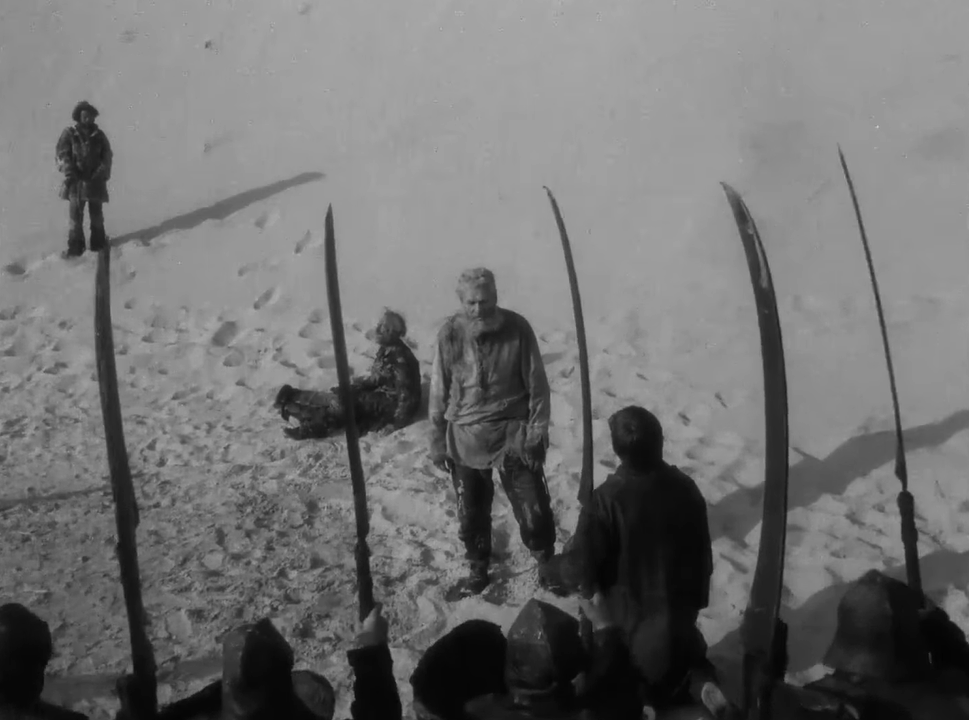
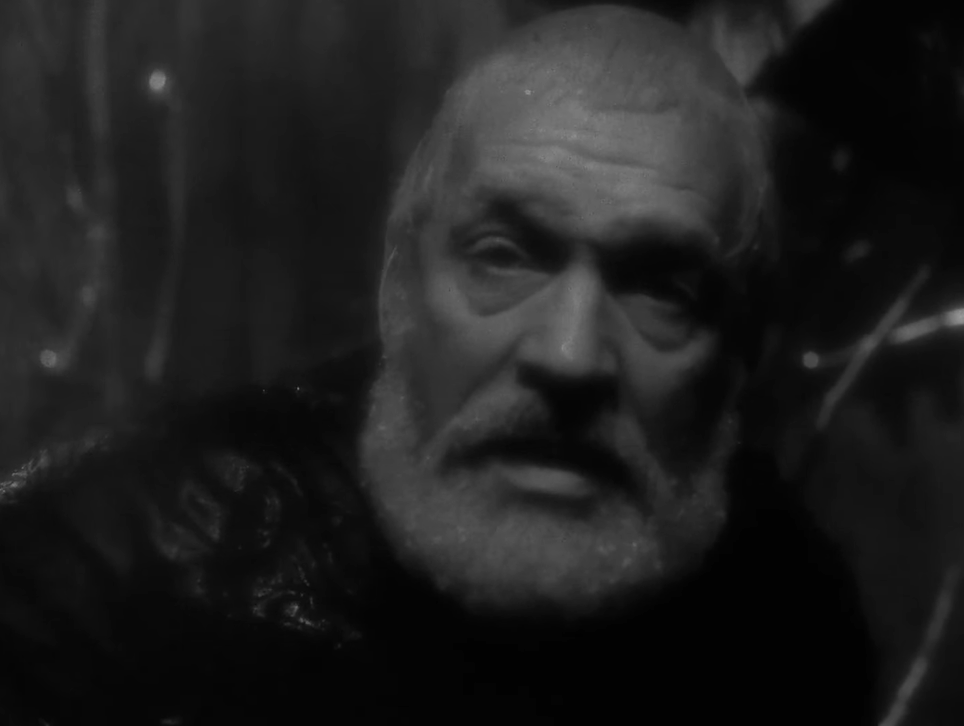
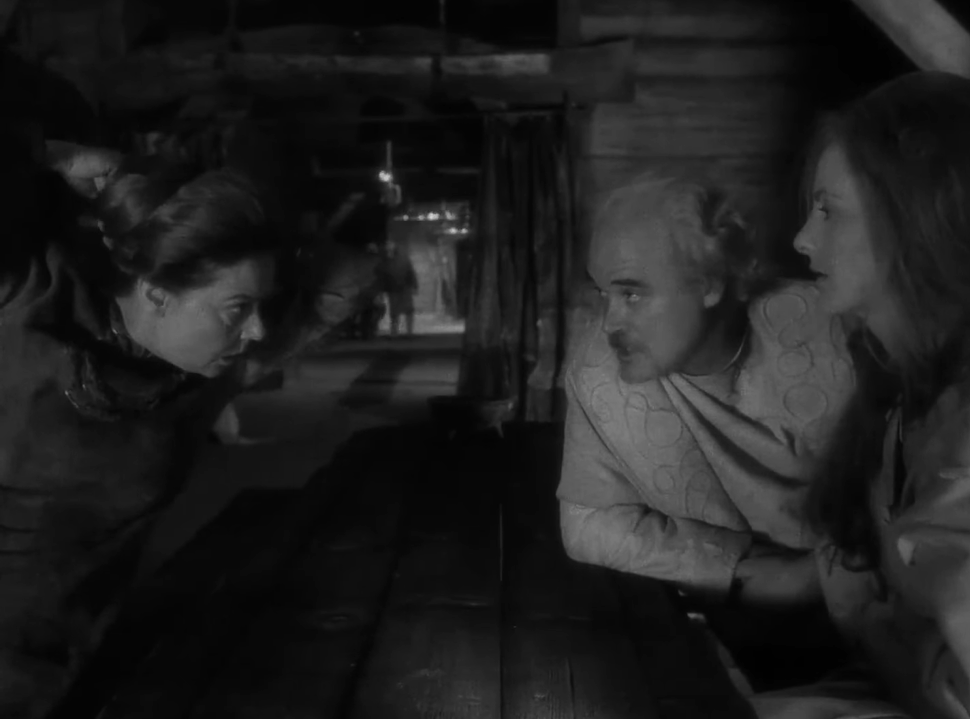
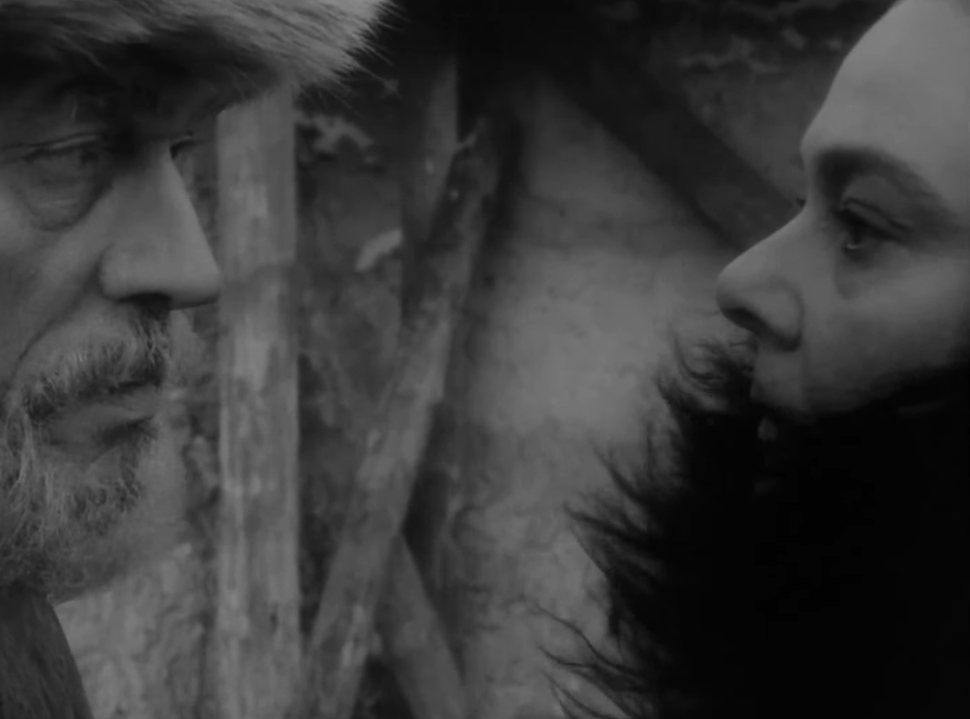
One thought on “King Lear (1970)”
First viewing (3/27/21). A once-must, as a memorable / fascinating addition to Shakespeare adaptations. As posted in ‘Film Junkie’ (fb):
“When we are born, we cry – that we are come to this great stage of fools.”
‘King Lear’ (1970): I recently rewatched Kurosawa’s exquisite reimagining, ‘Ran’ (‘Chaos’) – which, most notably, changes Lear’s daughters into sons. The film’s scale is (to say the least) epic and explosive. Until now, however, I’d not seen this version by Peter Brook – which has Paul Scofield in the lead, Irene Worth as Lear’s eldest (Goneril), Cyril Cusack as her husband Albany, Patrick Magee as brother-in-law Cornwall and Jack MacGowran as Lear’s Fool. (Robert Langdon Lloyd is also impressive as Edgar.)
(A few years prior, Scofield had, of course, won an Oscar for ‘A Man for All Seasons’; the following year, Magee appeared in one of the more controversial sequences of Kubrick’s ‘A Clockwork Orange’; MacGowran had recently appeared memorably in both ‘Start the Revolution Without Me’ and opposite Roman Polanski in ‘The Fearless Vampire Killers’.)
Aided immeasurably by the work of DP Henning Kristiansen (who, years later, also filmed ‘Babette’s Feast’), Brook’s take on ‘Lear’ is the polar opposite of Kurosawa’s – but no less fascinating, in its own modest way. (I’m not one of those who takes easily and swiftly to Shakespeare, as a rule – but it certainly helps immensely when he is served well… as he is here.) Noticeably condensed in its text, this bare-bones version is said to have been inspired by the work of Samuel Beckett. The story of an unanticipated power-grab plays out in a severe, stark landscape – where living would seem a harsh, dismal undertaking even without subterfuge.
Still, Brook’s directorial (and visual) choices and the cast’s strength result in a compelling watch. Even pared down, there is no real disservice to the spirit of Shakespeare – and certain scenes (esp. towards the end, i.e., the reunion of Lear and his youngest daughter Cordelia) are rather moving.
My understanding is that this film is currently a bit hard to track down. On YouTube, it comes with English subtitles (which I found helpful).